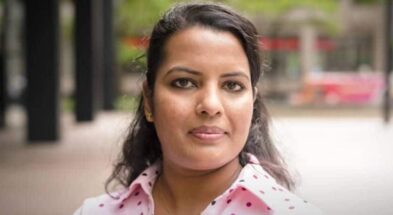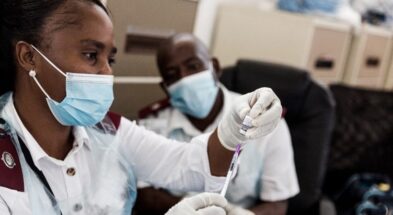A shocking and mysterious illness Havana Syndrome was reported among a team member of CIA Director William J Burns on the recent trip to New Delhi, India. Major symptoms of the disease reported include vertigo, headaches, strange grating noises in-ear, dizziness, loss of balance, memory loss, nausea etc.
The Havana syndrome was reported first by the Canadian Embassy and US staff during late 2016 in Havana, Cuba. The US embassy in Havana had to shut down in 2016 due to reported unusual physical sensations among the staff. Various CIA personnel and US diplomats experienced severe brain injuries in other countries, including the US, Austria, Germany and India. Some pointed their fingers at the Russian military intelligence for the same.
As per the reports of US intelligence, Russia has been developing microwave weapons for years but they refused to attach any responsibilities to the attacks. Despite the lack of evidence surrounding the puzzling syndrome, the most likely culprit will be the long-term ailments caused due to targeted microwaves. In 2014, a memo by US National Security pointed out the existence of a high-powered microwave system weapon that can target individuals using microwaves. Microwave weapons use beams of high-frequency electromagnetic radiation to heat water in a human target’s skin causing pain. A theory favoured by some intelligence officials claimed that these symptoms are an unintended consequence of an energy device to collect data from laptops, smartphones, tablets, etc.
In this context, the Helping American Victims Afflicted by Neurological Attacks Act or HAVANA Act approved by Senate in June and came into effect on 21 September 2021 assumes importance. It provides assistance to the US officials suffering from traumatic brain injuries, both medical and financial. Meanwhile last year, two White House officials were affected by the disease and the immediate symptoms included buzzing sounds and sensations of pains. Advanced MRIs were used by specialists at the University of Pennsylvania’s Centre for Brain, Injury and Repair to study the brains of forty American patients stationed in Havana. In around 200 cases reported so far, the adverse effects still remain and posed serious hurdles to their work, badly impacting their routine lives.



















